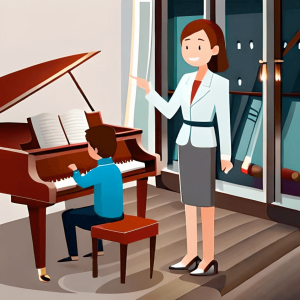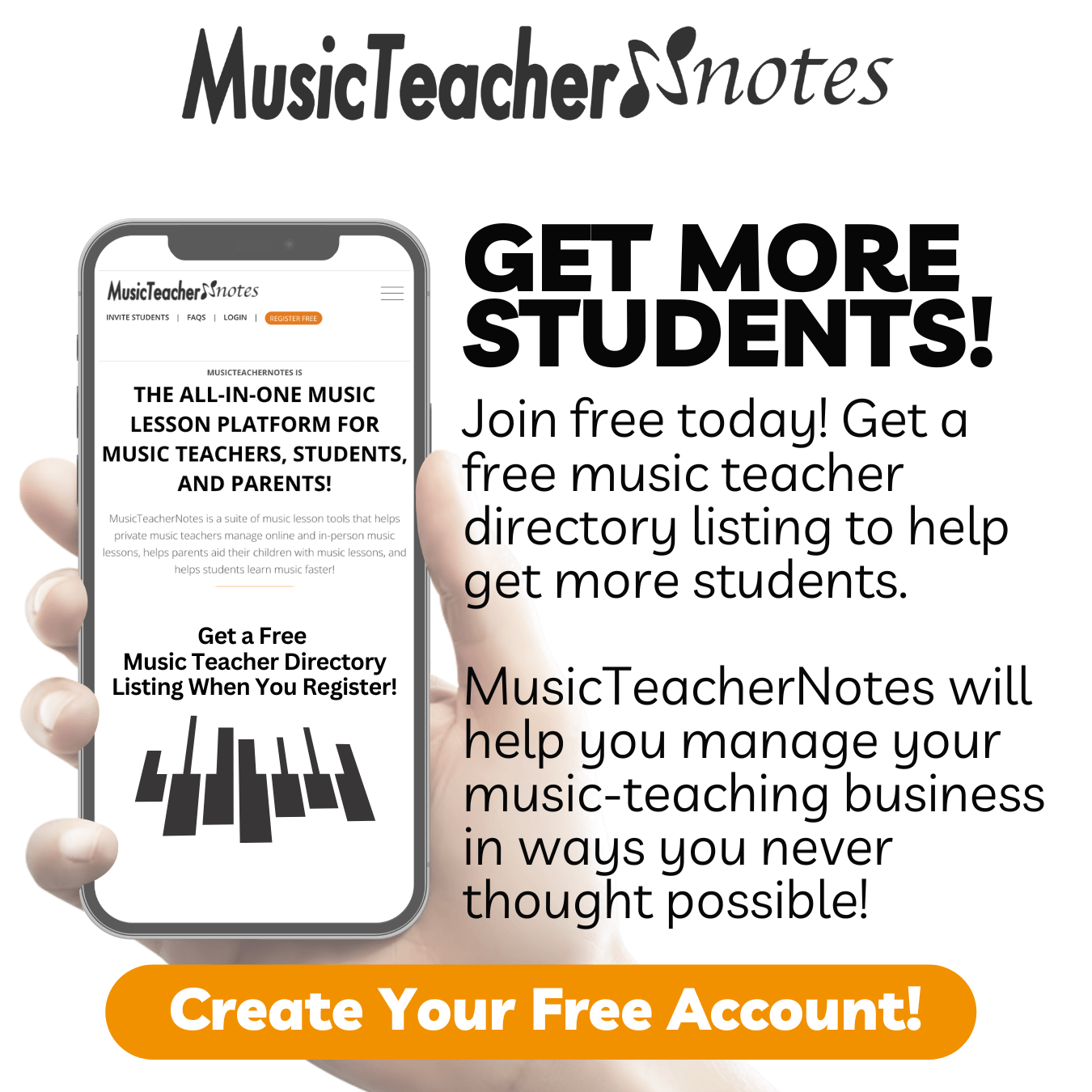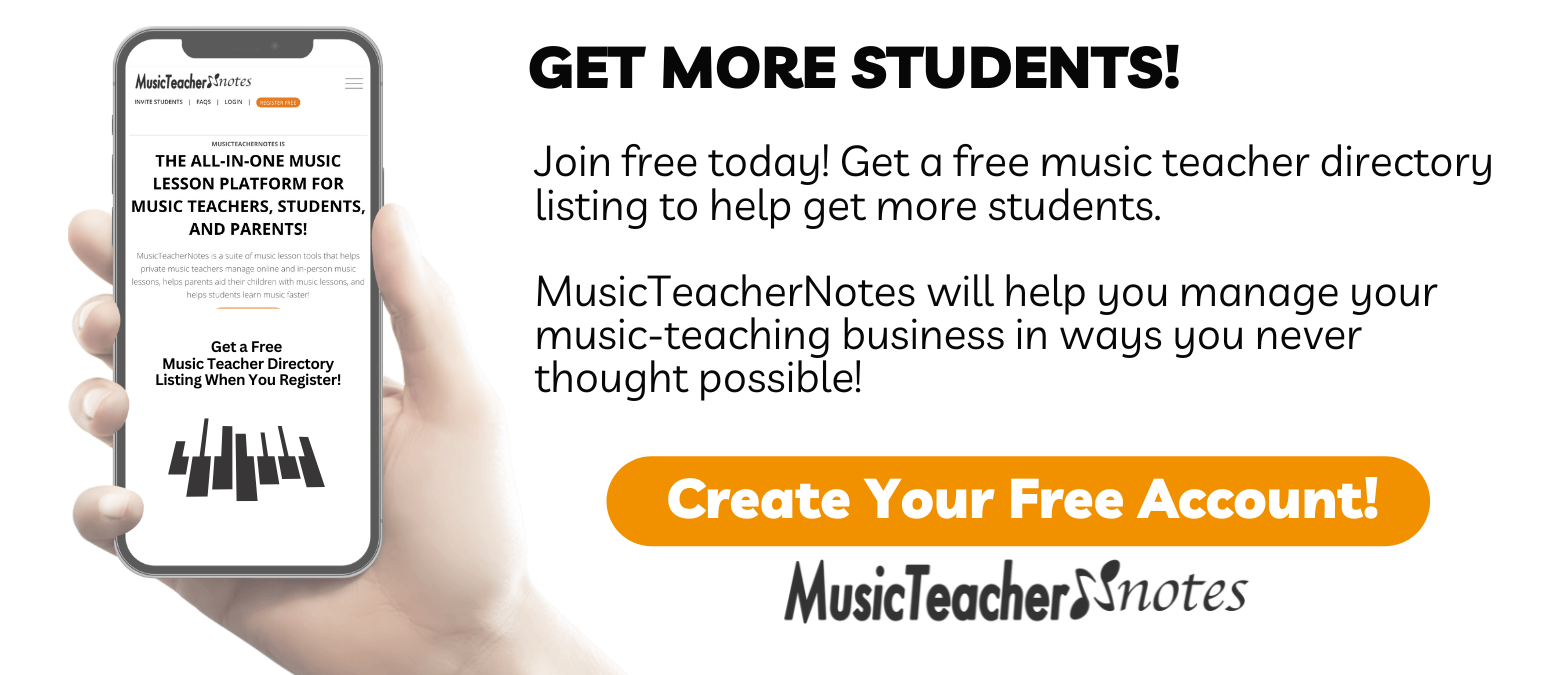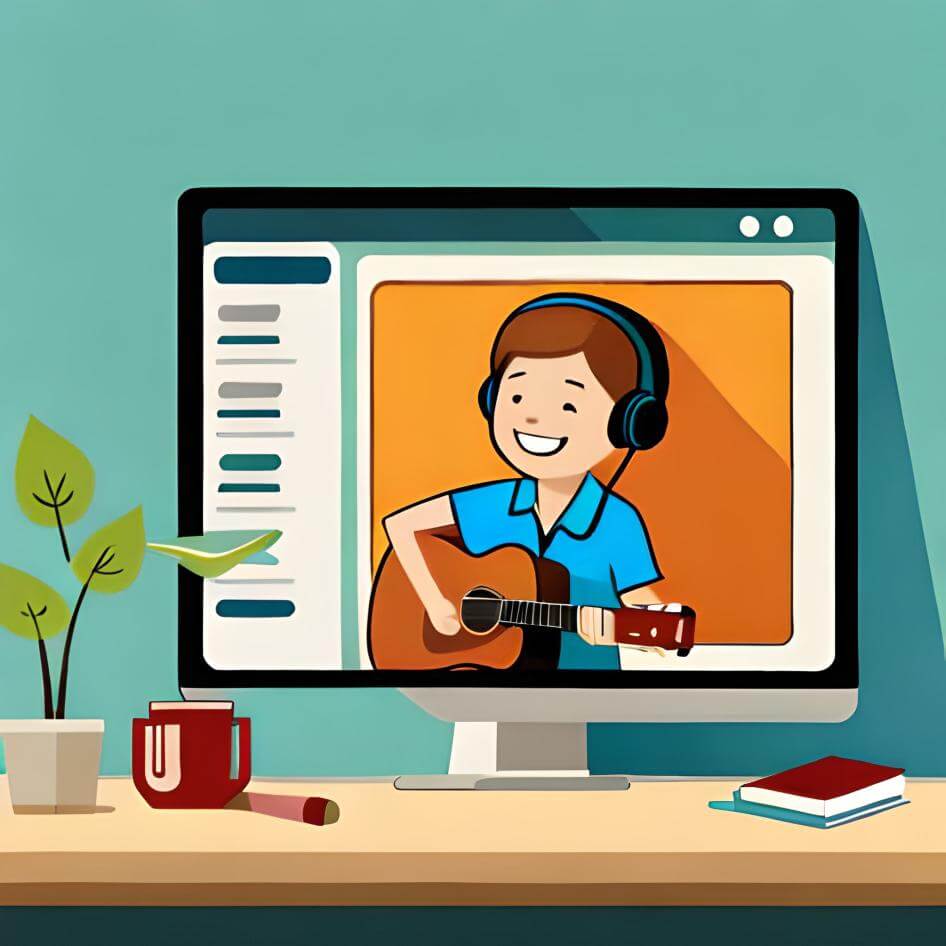 Private music lessons have long been celebrated for their ability to nurture individual talents and shape aspiring musicians into accomplished artists. While the traditional advantages of personalized attention and skill refinement are widely acknowledged, many of the benefits of private music lessons are often overlooked. Beyond technical proficiency and musical prowess, private music lessons offer many advantages that reach deep into personal development, cognitive growth, and well-being. This article delves into the underestimated aspects of private music instruction, shedding light on how private music lessons can enrich students’ lives.
Private music lessons have long been celebrated for their ability to nurture individual talents and shape aspiring musicians into accomplished artists. While the traditional advantages of personalized attention and skill refinement are widely acknowledged, many of the benefits of private music lessons are often overlooked. Beyond technical proficiency and musical prowess, private music lessons offer many advantages that reach deep into personal development, cognitive growth, and well-being. This article delves into the underestimated aspects of private music instruction, shedding light on how private music lessons can enrich students’ lives.
Individualized Attention
Private music lessons can provide highly focused attention, adapted to meet each student’s unique needs and preferred learning tempo. This individualized approach enables music teachers to address challenges effectively, emphasize strengths, and ensure that students grasp concepts thoroughly. As a result, music students experience a more efficient and enriching learning journey.
Personalized Curriculum
Music instructors can tailor a curriculum to a student’s specific aspirations, musical tastes, and proficiency level. A personalized curriculum ensures that students can remain engaged and motivated while working on music that resonates with them. Music teachers can facilitate a more effective and enjoyable learning experience by aligning the lessons with students’ goals.
Faster Progress
Individualized instruction during one-on-one music lessons can result in accelerated music skill development, outpacing the progress typically seen in group lessons. The focused attention from the instructor allows for targeted guidance, immediate feedback, and personalized practice strategies, which contribute to faster improvement. This teaching approach caters to the student’s strengths and growth areas, fostering a more efficient learning curve.
Flexible Schedule
Private music lessons offer the advantage of flexible scheduling that accommodates the availability of both the music student and the music teacher. This flexibility allows for optimal time management and helps ensure that music lessons fit into busy schedules without causing conflicts. As a result, students can engage in consistent learning while maintaining a balance with other commitments, making the most of their musical education.
Enhanced Technique
Private music instructors can provide comprehensive guidance to refine playing techniques to a high standard. Through personalized music instruction, music students gain valuable insights into proper hand positioning, body posture, and nuanced techniques specific to their chosen instrument. This meticulous attention to detail enhances the quality of their performance, promoting a solid foundation for musical proficiency.
Building Confidence
Consistent feedback and positive reinforcement from a music teacher can significantly elevate a student’s self-assurance and enthusiasm for learning. By acknowledging progress and addressing areas for improvement, students feel supported in their music education, which in turn bolsters their belief in their capabilities. This helps to foster a resilient motivation to practice and excel, creating a positive cycle of growth and achievement.
Focused Practice
Private music instructors are skilled at recognizing areas where students may face challenges and can offer precise practice strategies tailored to address these weaknesses. Instructors ensure efficient progress and prevent frustration by pinpointing specific difficulties and tailoring exercises to overcome them. This strategic approach empowers students to work on their shortcomings effectively, leading to a well-rounded and more confident musical education.
Attention to Repertoire
Private music lessons allow students to delve into the music they enjoy, fostering engagement and sustained motivation. This allows them to connect with the music they’re learning, resulting in more dedicated practice and a heightened sense of accomplishment. Private music teachers who cater to their students’ interests cultivate a genuine enthusiasm that propels students to achieve higher proficiency for the musical instruments they are learning.
Musical Exploration
Private music lessons allow music students to explore various musical genres and styles. This versatility allows them to broaden their musical horizons and discover new types of music they may otherwise never have been exposed to. Music teachers can create an environment where students can develop a well-rounded appreciation for diverse musical expressions, enriching their overall musical journey.
Performance Skills
Private music lessons can develop a student’s stage presence and confidence. Students gain the skills to perform in front of audiences during recitals and competitions, helping them overcome performance anxiety. This comprehensive preparation enhances their musical abilities, gives them the self-confidence to shine on stage, and it also helps empower them to speak in public.
Goal Setting
Music teachers provide valuable guidance to students as they set realistic and attainable goals, offering a sense of purpose and direction in their musical journey. Students learn the skill of breaking down larger objectives into manageable steps. Additionally, students and teachers can measure their progress along the way. Learning to set and meet goals is a valuable skill that will empower students in music and every aspect of their lives.
Problem-Solving
Music teachers provide valuable guidance to students as they set realistic and attainable goals, offering a sense of purpose and direction in their musical journey. Students learn the skill of breaking down larger objectives into manageable steps. Additionally, students and teachers can measure their progress along the way. Learning to set and meet goals is a valuable skill that will empower students in music and every aspect of their lives.
Musical Theory
Private music lessons offer the opportunity for comprehensive music theory instruction, helping music students learn the intricacies of musical structure and composition. By understanding concepts such as harmony, rhythm, and chord progressions, music students gain a deeper appreciation for the mechanics of music. This enriches their playing and equips them with a well-rounded musical foundation that can be applied across various genres and creative endeavors.
Constructive Feedback
Receiving immediate feedback from a seasoned instructor is invaluable for rectifying mistakes and honing skills. Music students learn how to accept constructive feedback and improve. Because private music lessons provide timely feedback, students can correct issues early, fostering a more efficient learning process. This ensures that students build a strong foundation and continue to progress effectively in their musical journey.
Long-Term Commitment
The ongoing guidance of a private music instructor can build a lasting dedication to learning music. By receiving continuous support, private music students develop a sense of accountability and connection to their learning journey. This sustained mentorship fosters a deeper appreciation for music. This helps them commit to their musical pursuits over the long term, ultimately reaping the rewards of their dedication and hard work.
Personal Connection
The relationship between a student and a good music teacher can evolve into a meaningful mentorship, fostering a profound understanding and passion for music. Through shared experiences, guidance, and mutual respect, students gain insights beyond technical skills, developing a more holistic appreciation for their musical instrument. This mentorship enriches their musical journey and encourages them to explore music with a sense of curiosity and emotional connection.
Adaptation to Learning Styles
Private music teachers can adapt their teaching methods to align with the student’s preferred learning style. By recognizing whether a student is visual, auditory, or kinesthetic in their learning approach, music teachers can tailor their instruction for optimal comprehension and engagement. This personalized approach enhances music students’ abilities to absorb and apply new concepts, fostering more effective and enjoyable music lessons.
Cultivating Discipline
Consistent participation in music lessons and adherence to music practice schedules cultivate discipline and time management skills. The structured routine of regular private music lessons encourages students to prioritize their musical education, teaching a sense of responsibility and commitment. As students spend time practicing their musical instruments and learning music, they enhance their musical abilities and develop transferable skills that contribute to success in various aspects of life.
Educational Foundation
Private music lessons establish a robust framework for students who aspire to pursue a future in music education or performance. The individualized attention, comprehensive skill development, and in-depth understanding gained through private music lessons are a building block for advanced studies and professional endeavors. By honing technical proficiency, musical interpretation, and stage presence, private music lessons equip students with the tools and confidence necessary to excel in the competitive music world, whether as educators, performers, or both.
Conclusion
Remember that the benefits of taking private music lessons may vary based on the student’s goals, the teacher’s expertise, and the commitment put into practice. As we’ve explained, the benefits extend far beyond the confines of musical skill development. While refining techniques and musicality are undoubtedly crucial, the hidden gems lie in the personal connections, self-discovery, and enhanced cognitive abilities that happen through one-on-one music lessons. From instilling discipline and perseverance to offering a platform for self-expression and creativity, private music lessons can create well-rounded individuals with a deeper appreciation for art, a stronger sense of identity, and a lifelong passion for learning.






















 Do you want to get more students and grow your music teaching business?
Do you want to get more students and grow your music teaching business?